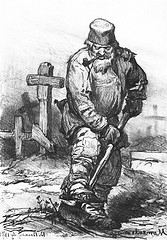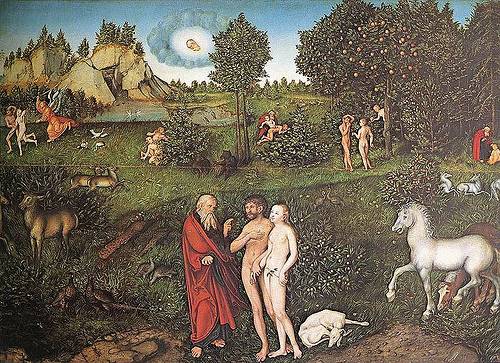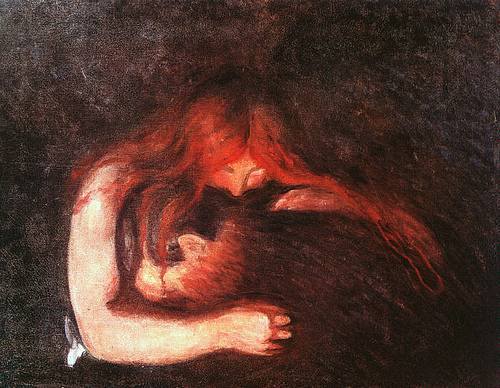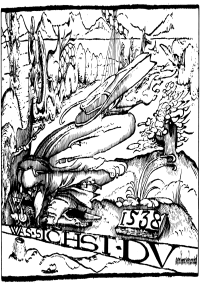
An ingenious American lately computed that in the United States alone, half-a-ton of pure gold, equivalent to half-a-million of dollars, was annually put, as stuffing, into the teeth of the living, or otherwise employed by the dentist on people’s food-grinding apparatus; and inasmuch as none of this precious metal is ever extracted after death, our shrewd calculator ‘reckoned’ that, at this rate, a quantity of gold equal to all that now in circulation would, in the course of three centuries, be lying buried in the earth. It is strange to think that one digger, the sexton to wit, is constantly returning to mother earth nearly as much gold as the other digger is constantly extracting from her bosom.
— Patrick Maxwell, Pribbles and Prabbles, 1906




